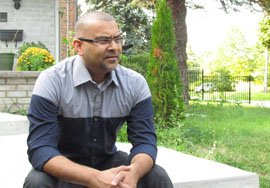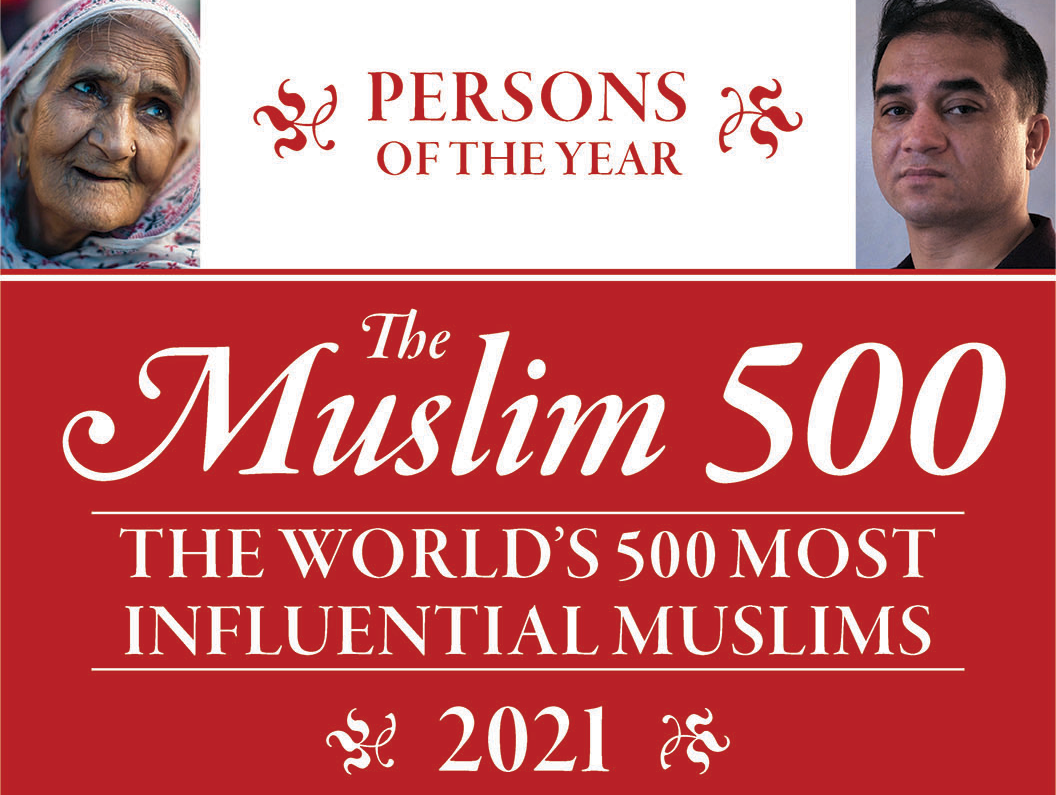
Terrorism charges are only reserved for Muslims
Prosecutors announced recently that Alexandre Bissonnette will go straight to trial on a slew of charges arising from his attack on a Mosque in Quebec City earlier this year. Despite killing six and wounding 19 in the brazen assault on worshippers, he is not charged with terrorism.
The announcement came on the heels of the Las Vegas massacre where 59 were killed and 527 injured. No terrorism charges there either, even though it meets the Nevada state definition.
No doubt that in both cases people were terrorized. Yet, the terrorism label is sparsely used.
Technically, because there is no universally accepted definition, authorities can selectively apply it. Indeed, one person’s terrorist may be another’s criminal or freedom fighter. To many observers, the term appears to be reserved for “others.”
Stephen Paddock was not a terrorist, according to Las Vegas Sheriff, Joe Lombardo, who immediately labelled him a “local individual” and a “lone wolf.” Similarly, Bissonnette may have been “disturbed.” And of course, they were both “sick” and “demented.”
If they were Muslims, they would be “homegrown” terrorists committing “jihad” or “Islamic terrorism.” Mental health or personal issues would not have factored as much.
The Criminal Code defines terrorism as an act committed, entirely or in part, for political, religious or ideological purpose, objective or cause that has “the intention of intimidating the public, or a segment of the public with regard to its security.”
There are plenty of reports documenting the Laval political science student’s journey from a moderate conservative to someone with far-right sympathies and connections, though this may not satisfy strict evidentiary requirements.
Prosecutors will say that the evidence dictates the charges. Terrorism is more onerous to prove than regular crimes, in part because motive and other complex factors may be critical. If prosecutors believe there is strong evidence for conviction on the charges laid, then adding terrorism may unnecessarily complicate the legal case. Understandably, establishing terrorist motive is onerous.
There is the belief that there is “no real purpose” to pursuing such charges beyond the symbolism because it would have little, if any, impact on the sentence.
I agree. Being a critic of the anti-terror regime, I also believe that the law should be scrapped, but until it is, Bissonnette should be charged with terrorism.
As long as we have the law, a terrorist is a terrorist is a terrorist. The degree of caution argued above is rarely exercised when suspects are Muslims. In such instances, the terrorism label is used with ease without regard to its devastating impact on the community.
Even a quick review of a handful of recent cases reveals Muslim men were charged with terrorism offences sometimes with tenuous or imagined connections to terror, while non-Muslim whites get a pass.
Let’s go back to 2013. Despite planning to send a political message by blowing up the Veterans Affairs building in Calgary, ex-military intelligence operative Glen Gieschen was not charged with terrorism.
In 2014, crimes committed by Martin Couture-Rouleau (who rammed his car into two soldiers, killing one) and Michael Zehaf-Bibeau (who killed a soldier) are not presented just as the crimes of two individuals. Despite being assessed with chronic psychological problems, their crimes were attributable to their “Islamic” world view and both are dead.
However, Justin Bourque, who shot five RCMP officers and killed 3, is merely a murderer. The fact Bourque grew up in a “religious fanatic” environment and believed he was “a soldier of Jesus Christ” was never used to link him to a broader community or to frame his violence as terrorism. Bourque even told police he was rebelling against the oppressive government.
In 2015, an alleged plot to target the Halifax Shopping Centre on Valentine’s Day was foiled by police who found one suspect, James Gamble, dead of self-inflicted wounds. Two others, Randall Shepherd and Lindsay Souvannarath, were charged but not with terrorism.
The RCMP spokesperson, Brian Brennan, said the suspects were “a group of individuals that had some beliefs and were willing to carry out violent acts against citizens.”
While then-Justice Minister Peter MacKay said this was “a group of murderous misfits.” He also noted that the “attack does not appear to have been culturally motivated, therefore not linked to terrorism.”
White supremacist political “beliefs” and ideas are apparently not enough.
“That fact that the term is being preserved only to describe ‘racially profiled’ violence reveals how deeply embedded racism and Islamophobia has become in our language and disturbingly, even in our legal system,” notes University of Toronto professor Megan M. Boler.
Bissonnette must be charged with terrorism because he is a terrorist, but also because we must actively challenge the public perception that only Muslims commit terrorism.
Author: Faisal Kutty

